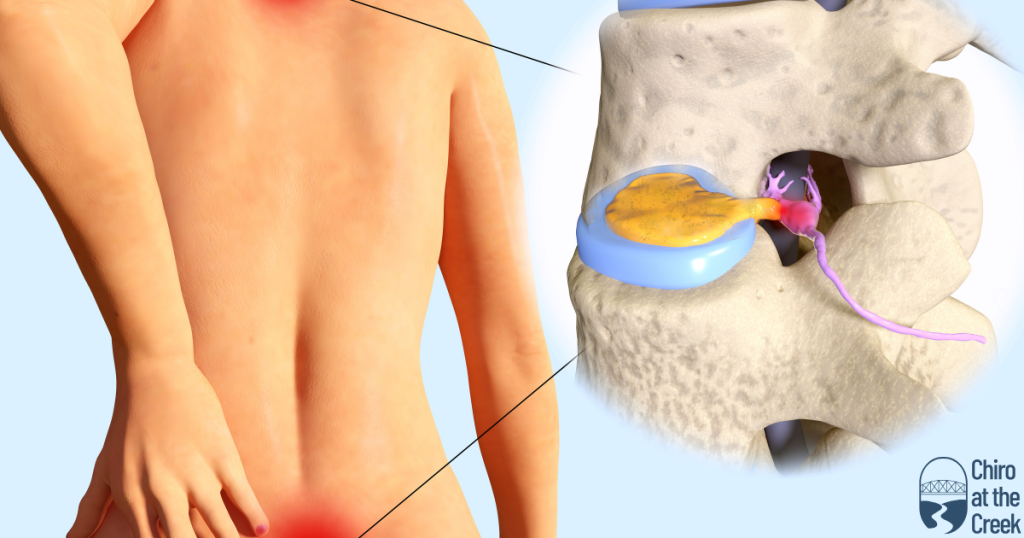How Chiropractic Care Offers Relief from Menopause Symptoms
Menopause marks a significant transition in a woman’s life, characterized by the cessation of menstruation and the end of reproductive capability. This natural biological process, typically occurring between the ages of 45 and 55, brings various physiological and psychological changes. These can include hot flashes, night sweats, mood swings, and sleep disturbances. Interestingly, chiropractic care, traditionally associated with back pain relief, is proving beneficial for women navigating the tumultuous waters of menopause.
Understanding Menopause and Its Symptoms
Menopause is not a one-size-fits-all experience. Symptoms vary widely in both type and severity but commonly include hormonal fluctuations that can lead to physical discomfort and emotional unpredictability. The primary hormones affected during menopause are estrogen and progesterone, which, when imbalanced, can affect overall health and well-being.
Chiropractic Care and Hormonal Balancing
One lesser-known service that chiropractors offer is natural hormone balancing. Through spinal adjustments, chiropractors can influence the nervous system, which is directly connected to the endocrine system responsible for hormone production. The theory here is that by correcting spinal misalignment, a chiropractor can restore proper nerve flow to the endocrine glands, promoting a more balanced hormonal state.
Research supports this idea, with studies suggesting that regular chiropractic adjustments might help in reducing the severity of menopause-related symptoms. A notable study by the Journal of Manipulative and Physiological Therapeutics reported that menopausal women who underwent chiropractic care experienced reduced incidence of hot flashes and mood swings. These findings suggest that chiropractic care might be an effective and non-invasive option to help manage some aspects of menopause.
Chiropractic Techniques That Help with Menopause
Beyond general spinal manipulations, some specific chiropractic techniques and approaches are tailored toward alleviating menopausal symptoms:
- Targeted Adjustments: By focusing on the vertebrae linked with the nerves that run to the reproductive system, chiropractors aim to reduce nerve interference that may exacerbate menopause symptoms.
- Lifestyle and Nutritional Counseling: Chiropractors can provide advice on diet, exercise, and wellness to help manage weight and improve mood and sleep — all of which can be problematic during menopause.
- Therapeutic Massage: Often incorporated into chiropractic care, massage can help reduce stress and promote better circulation, which is beneficial in managing emotional and physical symptoms of menopause.
Case Studies and Anecdotal Evidence
The effectiveness of chiropractic in dealing with menopausal symptoms is also supported by numerous anecdotal reports. For instance, a case study published in the Annals of Vertebral Subluxation Research highlighted a 55-year-old woman who reported significant improvements in her menopausal symptoms after receiving upper cervical chiropractor care. Before the intervention, she had severe hot flashes, cold sweats, and other related symptoms, which were effectively managed post-chiropractic care.
Conclusion
While chiropractic care is not a cure-all for menopause, it offers a potentially valuable tool in the holistic management of its symptoms. Through adjustments tailored to improving hormonal balance and reducing nerve interference, along with lifestyle counseling and therapeutic massage, chiropractic care can significantly enhance quality of life during menopause. As with any treatment, results can vary, and continuing research will further elucidate the role of chiropractic in menopausal symptom management. For those seeking a natural and non-pharmaceutical approach to handling the challenges of menopause, chiropractic care warrants consideration.
This comprehensive approach provides not only physiological adjustments but also integrates lifestyle modifications to manage and potentially lessen the discomfort associated with menopause. As more women look towards holistic health solutions, chiropractic care emerges as a supportive and beneficial option worth considering.













